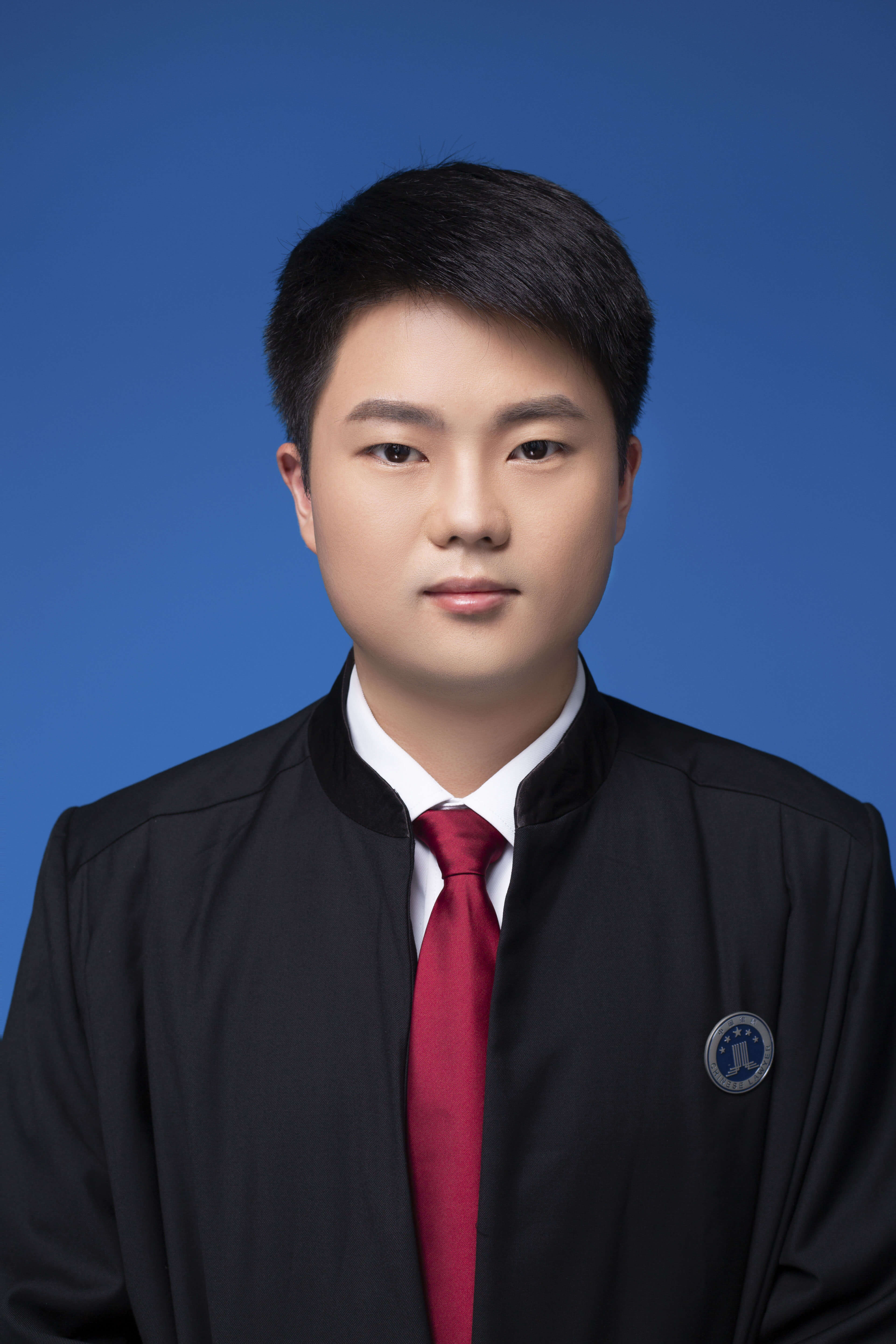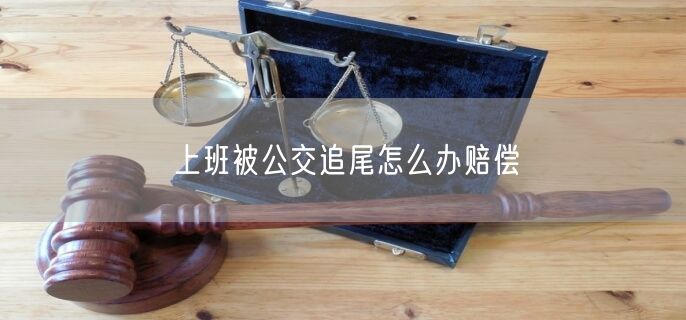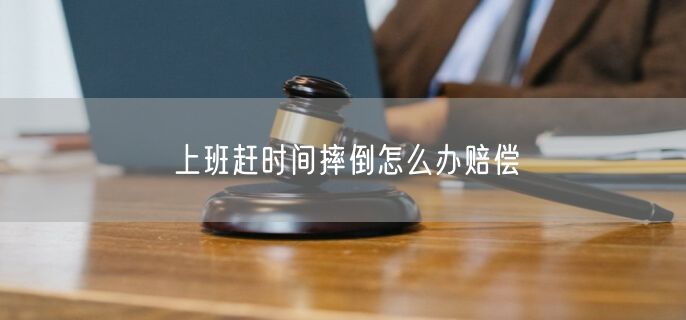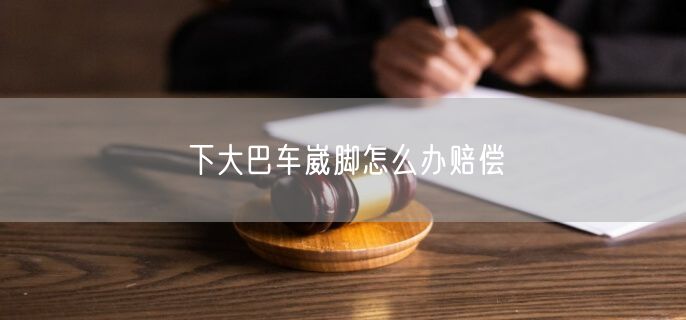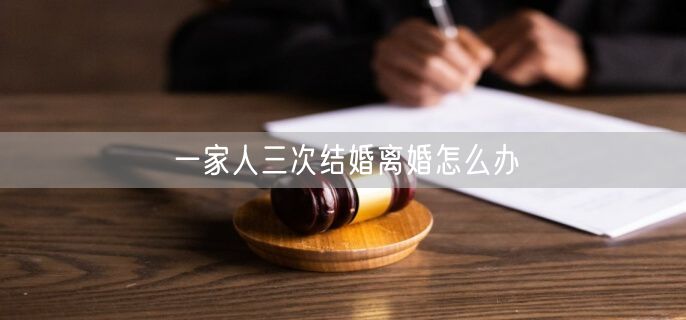How to say "监护权" and "抚养权" in English?
When it comes to legal terms related to child custody and guardianship, it is important to understand the correct translation in English. In Chinese, "监护权" refers to the legal right and responsibility of a person to take care of and make decisions for a child, while "抚养权" refers to the right to raise and provide for a child. In English, these terms are commonly translated as "custody" and "guardianship" respectively.
Custody refers to the legal right of a parent or guardian to have physical custody of a child. This includes the responsibility to provide for the child's day-to-day needs, such as food, shelter, and clothing. Custody can be further classified into different types, such as sole custody, joint custody, or split custody, depending on the specific arrangement between the parents or guardians.
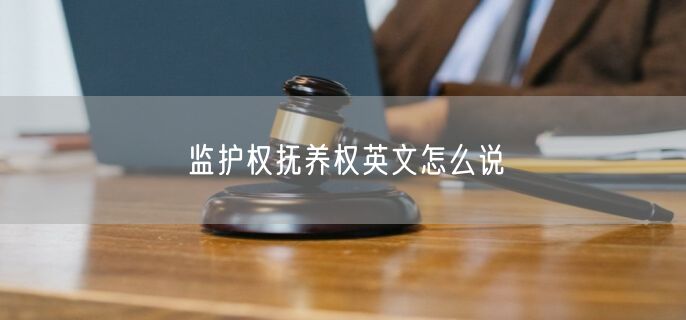
Sole custody means that one parent has the exclusive right to physical and legal custody of the child. This means that the child lives with and is primarily cared for by one parent, while the other parent may have visitation rights or limited access to the child. Joint custody, on the other hand, means that both parents share physical and legal custody of the child. In this case, the child may live with one parent for a certain period of time and then with the other parent, or the child may live with both parents in a shared arrangement.
Guardianship, on the other hand, refers to the legal right and responsibility of a person to make decisions for a child who is not their biological or adoptive child. This can occur in situations where the child's parents are unable or unwilling to care for the child, and a guardian is appointed by the court to take on this role. The guardian is responsible for the child's well-being and has the authority to make decisions regarding the child's education, healthcare, and general welfare.
It is important to note that custody and guardianship are separate legal concepts, although they often go hand in hand. Custody primarily deals with the physical care and control of the child, while guardianship focuses on the legal authority and decision-making power. In some cases, a person may have custody of a child without being the child's legal guardian, or vice versa.
In conclusion, the terms "监护权" and "抚养权" in Chinese can be translated as "custody" and "guardianship" respectively in English. Custody refers to the physical care and control of a child, while guardianship involves the legal authority and decision-making power for a child. Understanding these terms is crucial in legal matters concerning child custody and guardianship.
